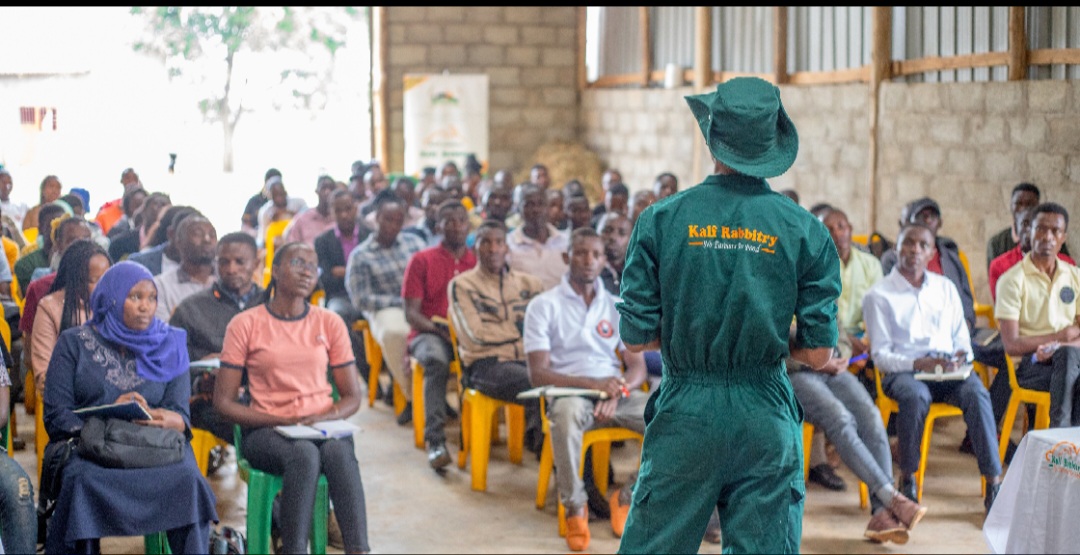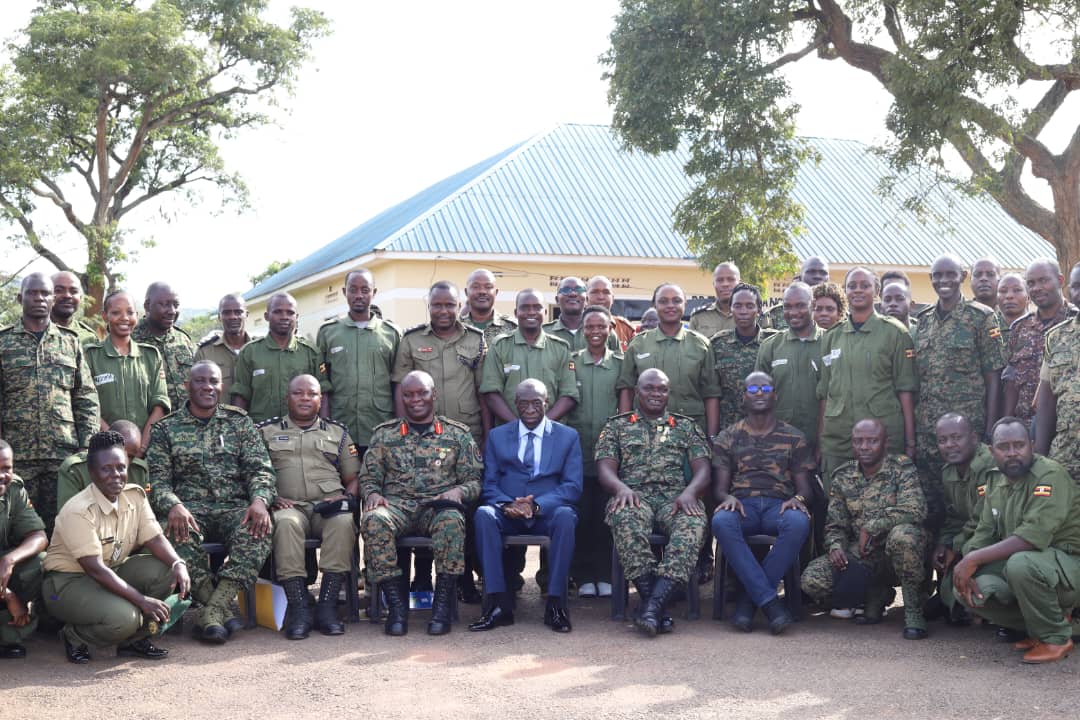Senior Presidential Advisor (SPA) in charge of poverty Alleviation in Busoga Mrs. Florence Mutyabule has emphasized the crucial role of environmental protection in achieving wealth creation in Busoga, a region blessed with the majestic Lake Victoria and Source of the Nile.
A respected community leader, Mrs Mutyabule, is rallying residents to heed President Yoweri Museveni’s call to vacate wetlands and forests.
The initiative aims to protect Uganda’s fragile ecosystems, promote sustainable development, and ensure a healthier environment for future generations.
Some people have always reacted angrily at such calls, arguing that these natural resources gifted to them by nature must be utilized for their survival.
These groups found everywhere, also express frustration over the deployment of soldiers on Lake Victoria, claiming it hinders their efforts to earn a livelihood.
The Uganda People’s Defence Forces (UPDF) Fisheries Protection Unit (FPU) was deployed on Lake Victoria in February 2017 to curb illegal fishing.
This deployment followed reports of declining fish stocks, which were blamed largely on illegal fishing practices.
On the other hand, Mrs Florence Mutyabule stresses that sustainable exploitation of natural resources is vital for future generations, warning that unchecked utilization will lead to depletion.
By preserving and protecting the environment, particularly wetlands, Mrs. Mutyabule says the region and its people stand to benefit enormously through sustainable livelihoods.
“…protected wetlands attract tourists which generate revenue and create jobs, but the wetlands also help maintain water quality, ensuring reliable supplies for irrigation, drinking, and industry…” she emphasized.
Quoting from the scriptures like Genesis 1:26, Mrs Mutyabule says the Biblical narrative emphasizes humanity’s role in caring for and managing Gods creation.
“…the Bible encourages humans to utilize and manage Gods resources wisely, while also acknowledging God’s ownership of the earth and everything in it…” she says with reference to Psalm 24:1.
Mrs. Florence Mutyabule, who headed the popular Buckley High School for decades, says a well managed environment, including wetlands and forests, provides numerous benefits that disproportionately advantage vulnerable groups such as girls, women and the youth.
“…well managed ecosystems help mitigate climate impacts, protecting women’s livelihood, while sustainable forestry and wetland management support agriculture, thus reducing food insecurity and drudgery…”,the SPA points out.
Busoga’s rich biodiversity and natural beauty present opportunities for eco-tourism, which can generate significant income and create jobs for many, especially the youth and women.
The region’s natural attractions make it an ideal destination for tourism, offering natural attractions like Source of the Nile, a historic and cultural significance attracting visitors globally.
Busoga is also home to Lake Victoria, Africa’s largest fresh water lake (68,000 square km by surface), perfect for boat cruises, fishing, and water sports. Other attractions include Itanda Falls and Kagulu Rock in the Buyende district.
According to experts, Lake Victoria is shared among Uganda (43%), Tanzania (51%), and Kenya (6%) is home to one of the most important inland fisheries in the world. Its estimated annual catches annually stand at one million tones.
Environmentalists say Lake Victoria has endured multiple stressors, including new species introductions, elevated pollution, fisheries, invasive weeds, climate warming and variability, and eutrophication, among others.
What You Need To Know:
Benefits of Using Wetlands Sustainably:
Water Filtration-Wetlands act as natural filters, removing pollutants and sediments from water, improving water quality.
Flood Control-Wetlands absorb excess water, reducing flood risk and mitigating damage to surrounding areas.
Biodiversity Conservation- Wetlands support diverse plant and animal species, many of which are found only in these ecosystems.
Groundwater Recharge-Wetlands help recharge groundwater aquifers, ensuring sustainable water supply.
Climate Regulation-Wetlands store carbon, helping mitigate climate change.
Recreation and Tourism-Wetlands offer opportunities for eco-tourism, recreation, and education.
Fisheries and Livelihoods-Wetlands support commercial and subsistence fisheries, providing income for local communities.
Soil Erosion Prevention-Wetlands stabilize soil, preventing erosion and landslides.
Water Storage-Wetlands store water, reducing the need for artificial storage infrastructure.
Cultural Significance-Wetlands hold spiritual, cultural, and historical significance for many communities.
Risks of Wetland Degradation:
Loss of Biodiversity: Degradation leads to extinction of plant and animal species.
Water Pollution: Reduced water filtration capacity harms aquatic life and human health.
Increased Flood Risk: Loss of wetland buffer zones exacerbates flood damage.
Groundwater Depletion: Reduced recharge areas threaten sustainable water supply.
Climate Change Exacerbation: Released carbon stores contribute to climate change.
Livelihood Disruption: Degradation impacts fisheries, tourism, and local economies.
Soil Erosion and Landslides: Unstable soil leads to increased erosion and landslides.
Decreased Water Quality: Reduced filtration capacity harms human health.
Loss of Recreation and Tourism: Degradation reduces opportunities for eco-tourism and recreation.
Cultural Heritage Loss: Destruction of culturally significant wetlands erases community history.
Do you have a story in your community or an opinion to share with us: Email us at Submit an Article









